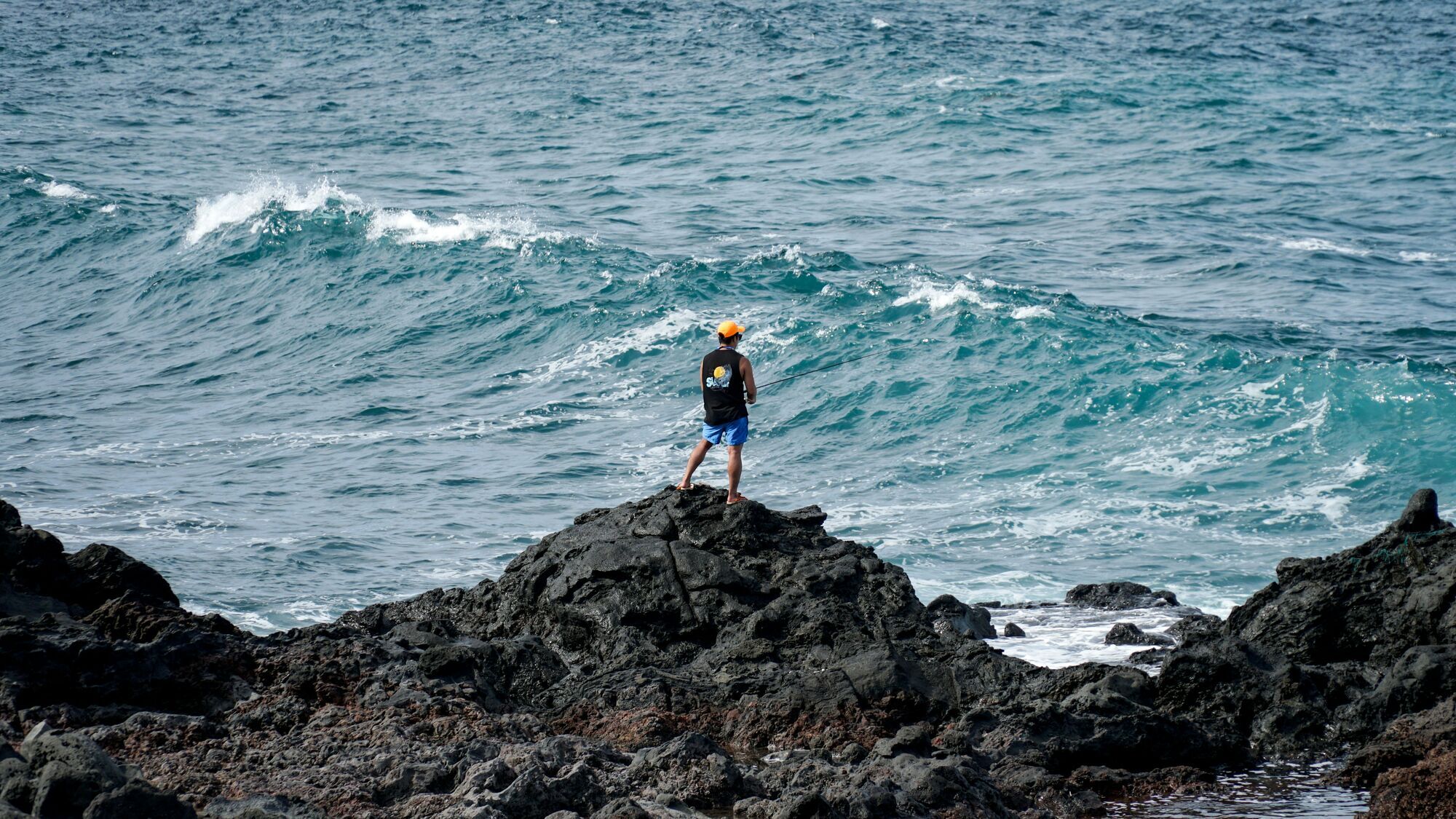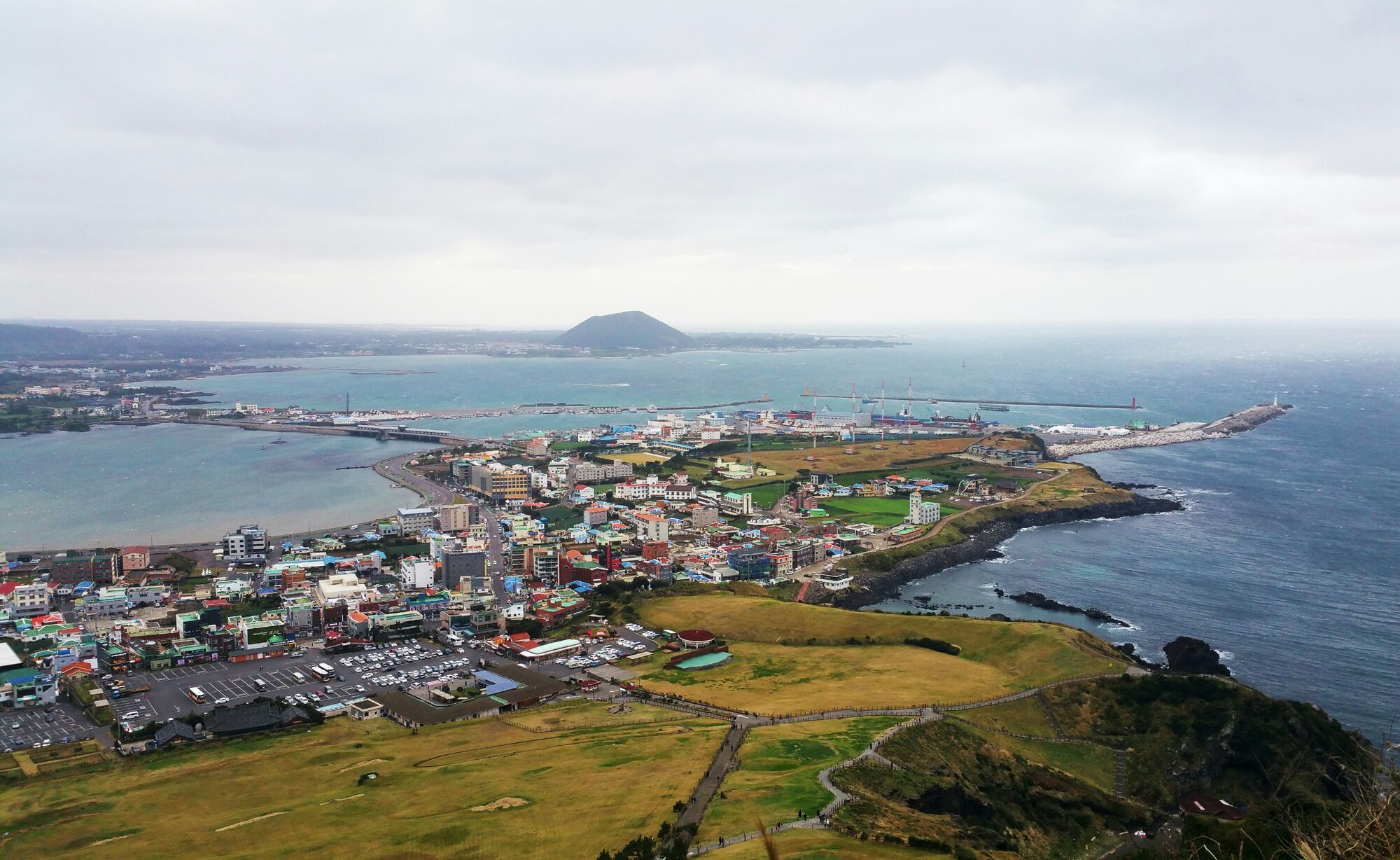Exploring Jeju Island: The Haenyeo, South Korea’s Legendary "Mermaids"

Jeju Island, a volcanic paradise off the southern coast of South Korea, is renowned for its scenic landscapes, unique cultural heritage, and a way of life that has endured for centuries. Among its most fascinating traditions is that of the Haenyeo—female divers often referred to as "Korean mermaids," who harvest seafood by diving into the sea without modern equipment. This remarkable practice has become emblematic of Jeju’s culture, showcasing resilience, community, and respect for nature.
Who Are the Haenyeo?
The Haenyeo, meaning "sea women" in Korean, are a group of highly skilled female divers whose unique tradition dates back to at least the 17th century. Unlike traditional fishermen, Haenyeo dive into the cold waters of the sea to gather abalone, sea urchins, octopus, and other marine delicacies. Equipped only with a weighted belt, a diving mask, and a net, these women plunge to depths of up to 30 feet, holding their breath for extended periods—a skill that takes years of training to master.

In a world where the ocean’s bounty is often exploited by industrial fishing, the Haenyeo maintain sustainable harvesting methods, taking only what they need and allowing ecosystems time to regenerate. This deep-seated respect for marine life has earned them recognition as protectors of Jeju’s coastal waters, and in 2016, UNESCO honored the Haenyeo culture as an Intangible Cultural Heritage of Humanity.
The Haenyeo Way of Life
The life of a Haenyeo diver is marked by physical endurance and mental resilience. Their work is arduous, requiring strength, discipline, and a profound knowledge of the sea’s rhythms. Haenyeo begin training as early as 11 years old, learning to hold their breath and navigate Jeju’s coastal waters. By their teens, they dive regularly, and many continue well into their 70s or even 80s.
Every dive is a coordinated effort, with Haenyeo often working in groups for safety and support. Before entering the water, they perform rituals to honor the "Jamsu-gut" (sea goddess), seeking protection and a plentiful harvest. Each dive session is also marked by the distinctive "sumbi-sori," a whistling sound Haenyeo make upon surfacing, which helps them regulate their breathing and signals to others that they’ve safely resurfaced.
Challenges Facing the Haenyeo Tradition
Despite their cultural significance, the Haenyeo tradition is facing challenges. Today, fewer young women are willing to endure the rigorous training and physical demands of the profession. Modern education and job opportunities have led many to leave Jeju for urban centers, and with an aging population, the Haenyeo community is shrinking. The average age of a Haenyeo is now over 60, and their numbers have dwindled significantly from the 20th century.
In response, local organizations and government bodies have implemented programs to preserve the Haenyeo heritage. Training programs encourage younger generations to learn the skills and knowledge necessary to become divers, and the local government provides financial support for equipment and safety measures. Additionally, Jeju’s Haenyeo museums and cultural centers offer visitors insight into their lives, allowing the global community to appreciate and understand this unique way of life.
Visiting Jeju’s Haenyeo Villages
For travelers interested in witnessing this tradition, Jeju Island offers several opportunities to observe the Haenyeo at work and learn about their culture. Jeju Haenyeo Museum in Gujwa-eup provides an in-depth look into the history, tools, and lifestyle of the divers, featuring exhibits on their equipment, photos, and personal stories. The museum also highlights their impact on Jeju’s economy and community life over the years.

Several Haenyeo villages along Jeju’s coastline, such as Seogwipo and Jocheon, allow visitors to see the divers in action. Many Haenyeo demonstrate their skills in controlled environments or small coves, giving travelers a chance to watch these "sea women" dive, surface, and sort their catch. These experiences offer a rare glimpse into a practice that feels almost timeless, rooted in a bond with the sea that transcends generations.
Embracing Sustainable Tourism with the Haenyeo
Visitors to Jeju have a unique role in supporting the Haenyeo culture by engaging responsibly. Choosing eco-friendly tours and local operators helps ensure that tourism benefits the community without disrupting the Haenyeo’s traditional way of life. Some tours also give back to the Haenyeo community through contributions that fund conservation and education efforts.
Trying Haenyeo-caught seafood in Jeju’s markets is another way for travelers to support the community. The divers’ sustainable approach ensures that their catch is fresh and responsibly sourced, providing visitors with an authentic taste of Jeju while helping preserve the Haenyeo’s livelihood.



















